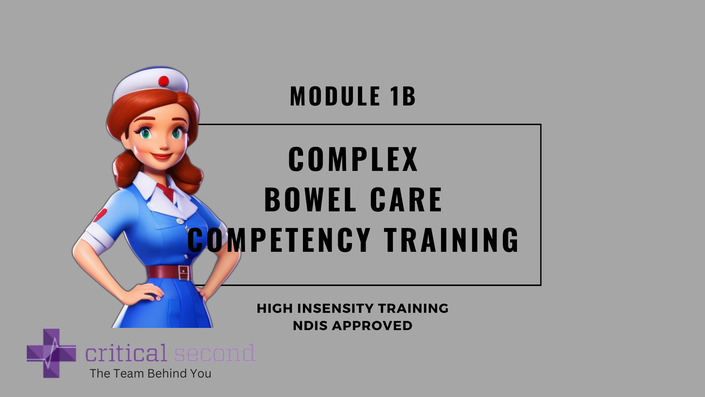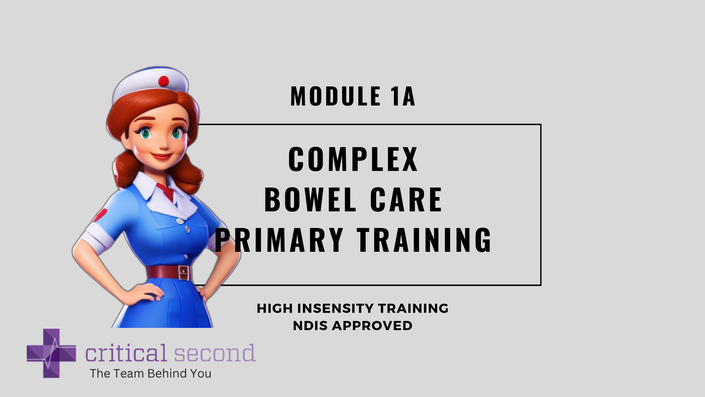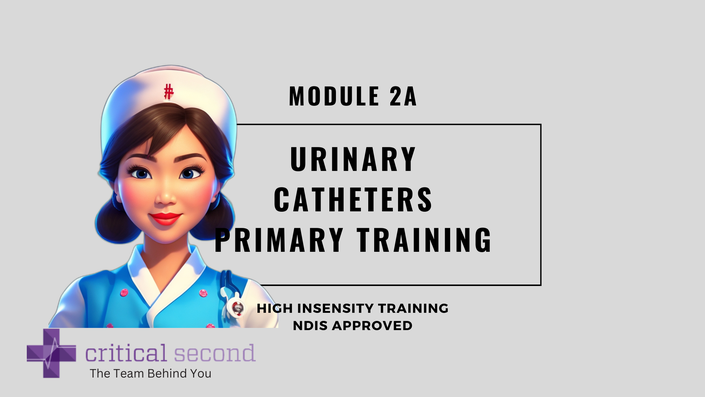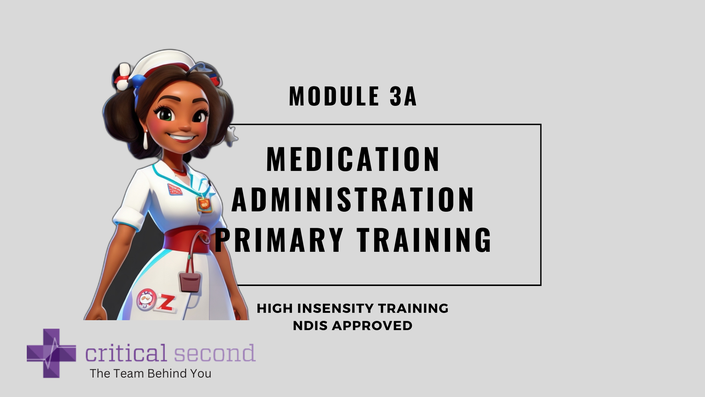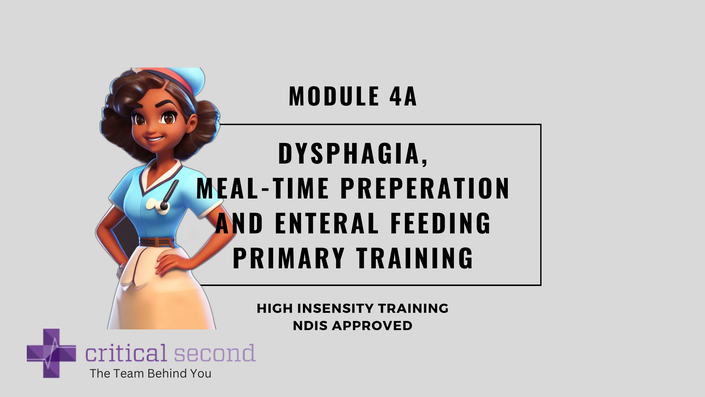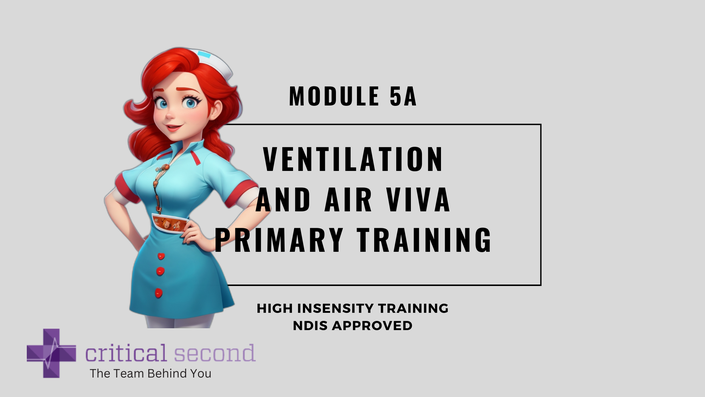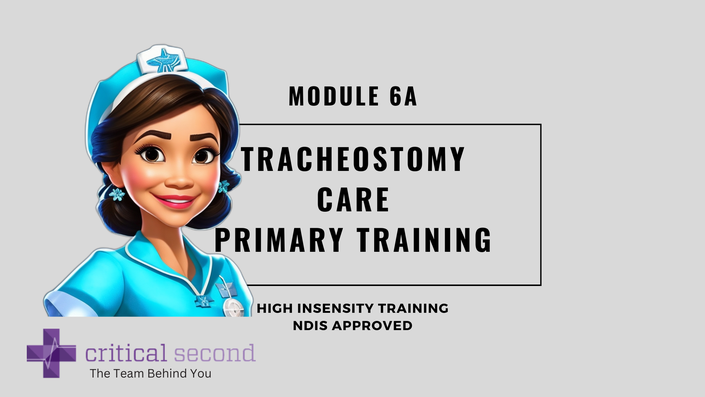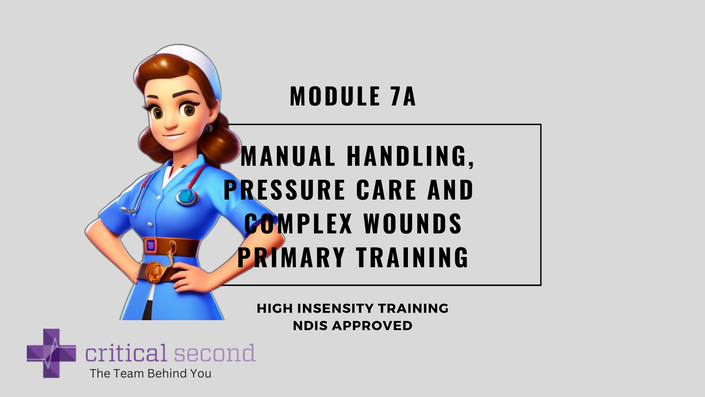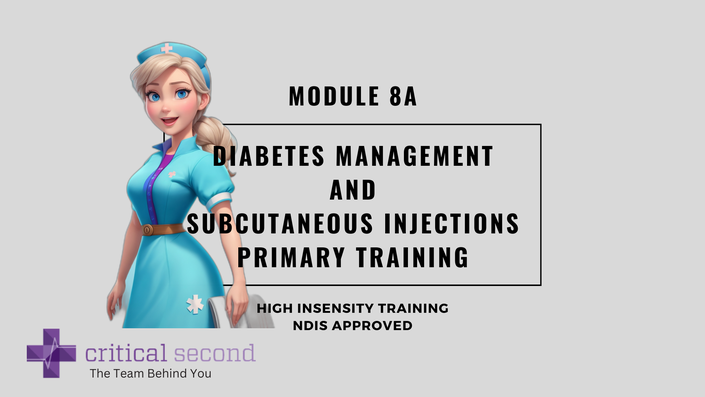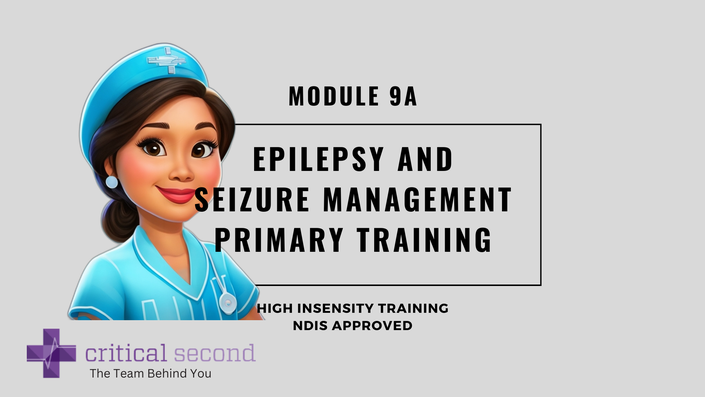Empower People to Prevent and Manage Gastrointestinal Issues
This training ensures safety and dignity, fostering trust and respectful care. Ultimately, it's a vital component of comprehensive healthcare education that enables positive outcomes and upholds compassionate care principles.

The Importance of this Course
The gastrointestinal system plays a pivotal role in maintaining overall health, and any disruptions or disorders in this system can lead to serious complications. In conjunction with the healthcare professionals assigned support plan, nurses and disability support staff need to be well-versed in bowel care techniques. This is to effectively address and prevent issues. Proper training equips you with the knowledge and skills required to assist in maintaining regular bowel movements, preventing constipation, and managing conditions such as irritable bowel syndrome or inflammatory bowel disease. By providing the necessary guidance and care, healthcare professionals can significantly improve quality of life, alleviate discomfort, and reduce the risk of complications.
NDIS TRAINING STANDARDS AND REQUIREMENTS
· Pre-reading and Module A completed (ideally before you start work, to learn best practice), this includes completion of the quiz as evidence of knowledge and understanding. Primary care document issued
· Module A remains evergreen if Learning Discovery Pathways (preferably per customer) are signed off by an approved RN and Module B is completed (in-line with 3 month standard probationary period). This is where a competency document is issued. Also, hence, the loop only remains open if you complete your competencies
· If not completed within 12 months, Module A will be revoked as you have not met NDIS compulsory training standards. You will need to re-apply
· In-line with this criteria, you should only ever have to do Module B once, then it moves to the Module C refresher as part of an annual subscription model with reminders
YOUR DELIVERABLES TO THE NDIS
· PRIMARY CARE DOCUMENT (knowledge), encompassing best practice standards
· Client induction- LEARNING DISCOVERY PATHWAY (skill), identifying customer individuality
· COMPETENCY DOCUMENT (ethics), the marriage of worker, customer and NDIS
Complex Bowel Care Curriculum
THE STEPS
Upon completion of any Primary Training
Module A opens the gateway to working hands-on with high intensity customers
MODULE A | COMPLETE PRIMARY TRAINING | Engage and reflect on learned content and your new deepened understanding.
LEARNING PATHWAY | Real-world Applications and Risk Mitigation - (The Gateway is Open).
Commence work with your customers. Undertake care with new skills and knowledge.
You have been shown industry practice standards, now follow the Learning Pathways to display your skills and if needed identify differences to practice standards.
Help your customer or identify risk, this is what makes each person unique. If the customer does it differently that's ok. Differences are acknowledged, mitigated where possible and recorded in the risk register.
(Print out this form and complete as evidence of your knowledge and skills)
____________________________________________________
MODULE B | DECLARATION OF COMPETENCE | NDIS High Intensity Descriptor Practice Standards | - Reaffirm foundational skills, meet industry standards and protocols.
Competency issued when all above criteria met (go to Module 1B, see below).
____________________________________________________
C MODULES | ANNUAL REFRESHER | Professional Development, Career Planning, and Lifelong Learning | - Inspire ongoing learning and professional growth, while also staying up-to-date with your credentials via our Annual Competency Refreshers.
Compulsory to remain high intensity competent (go to Module 1C, see below).
Suggestion: Repeat Primary Training before completing this module. Industry updates are added to Primary Training.
TRAIN THE TRAINER | Peer Collaboration
Projects - Foster collaboration
and problem-solving skills. Contact a Critical Second team member about our
Train the Trainer programs and become your workplace expert.
Declaration of Competence
and Annual Refresher
Module 1B - Bowel Care Competence
Module 1C - Annual refresher
NDIS Approved Competence
Bowel care training also contributes to safety and dignity. Reinforce how to conduct procedures like administering enemas or digital rectal examinations with the utmost sensitivity and respect for privacy. This training ensures that people feel comfortable and empowered during these procedures, fostering trust and a positive relationship. Additionally, proper bowel care can prevent complications like faecal impaction or bowel incontinence, which can lead to infections or skin issues if not managed effectively. In sum, bowel care training is a fundamental component of comprehensive healthcare education, enhancing outcomes, promoting well-being, and upholding the core principles of compassionate and respectful care.


12 Monthly Refresher Required by NDIS
The skills and knowledge in High Intensity supports present some of the highest risks for participants. Regularly refreshing your knowledge and skills is an essential part of staying competent and up-to-date in any field, the NDIS requires a refresher every 12 months as new medical knowledge can change from time to time to updated practices.
You might like these?
Diversify your knowledge and become a more well-rounded nurse or support worker

